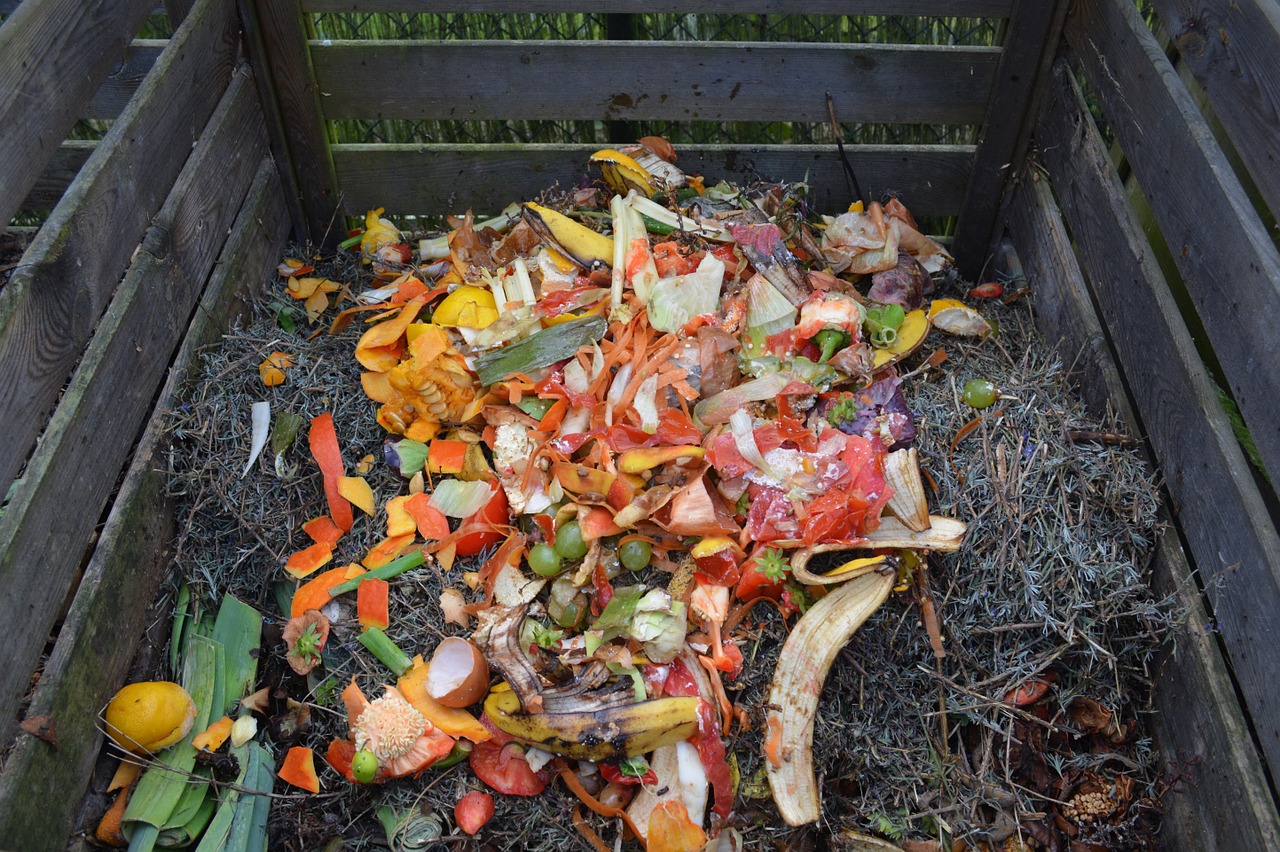
Soil Health
Healthy soils produce healthy plants. Healthy soil is full of organisms that turn organic matter and minerals into vital plant nutrients.
Learn more about soil testing, reducing use of fertilizers, composting, and more.
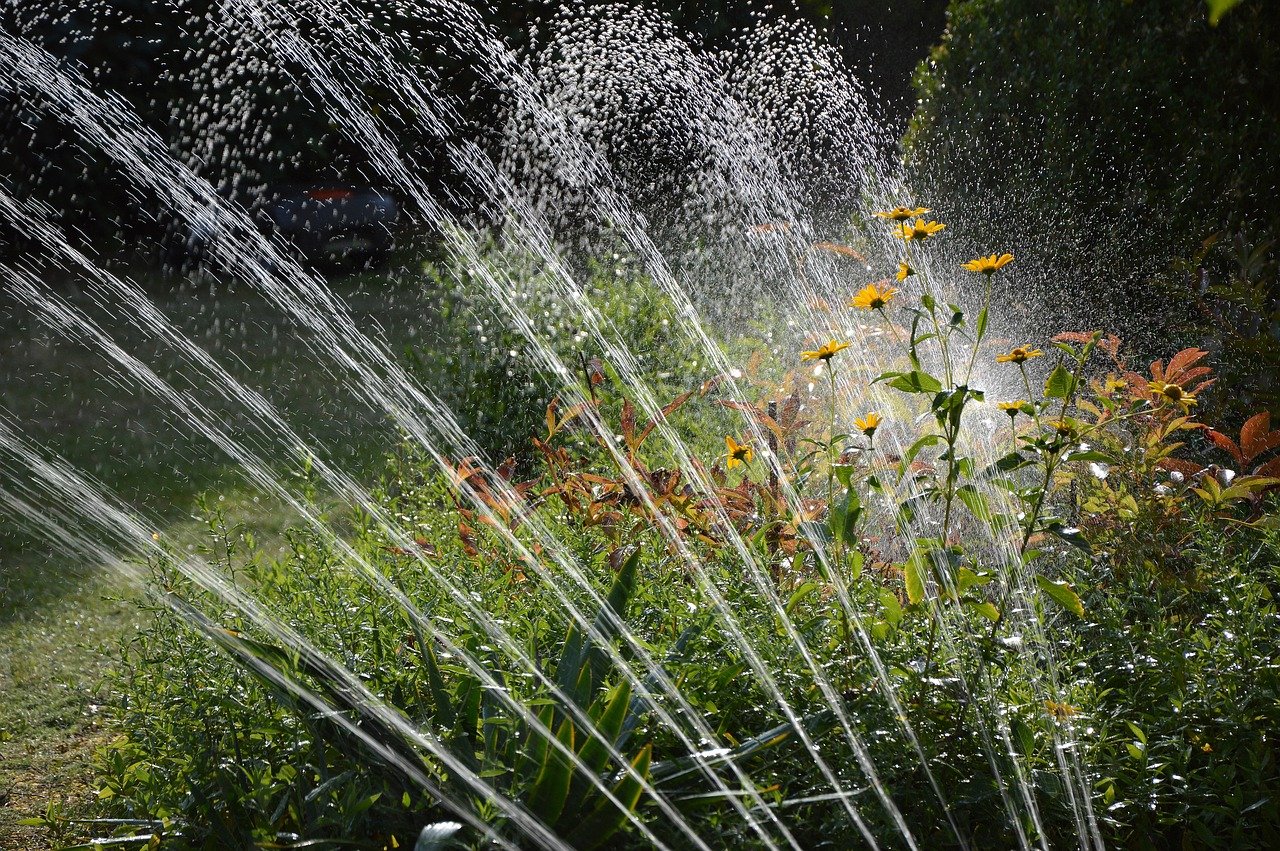
Water Efficiency
Drinking water is a precious resource that, in many parts of the country, is in short supply.
Learn more about water conservation, usage of non-potable water in irrigation, and waterwise garden design.
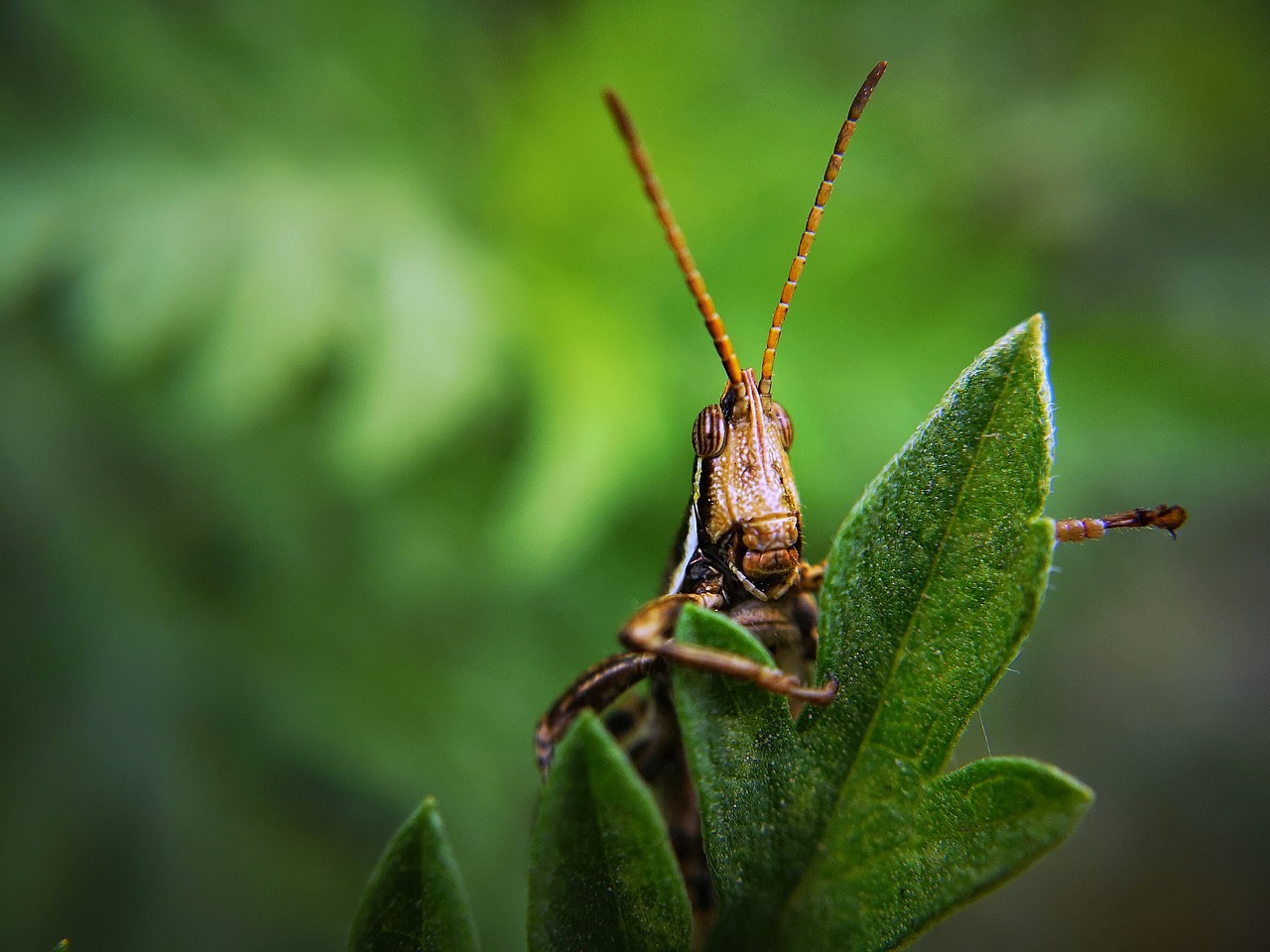
Supporting Birds, Insects, & Other Pollinators
Wilderness is disappearing at an alarming rate. Supporting a natural ecosystem is something that home gardeners can do to combat loss of plant and animal species.
Learn more about how to attract pollinators, distinguishing beneficial insects from garden pests, and creating wildlife habitats.
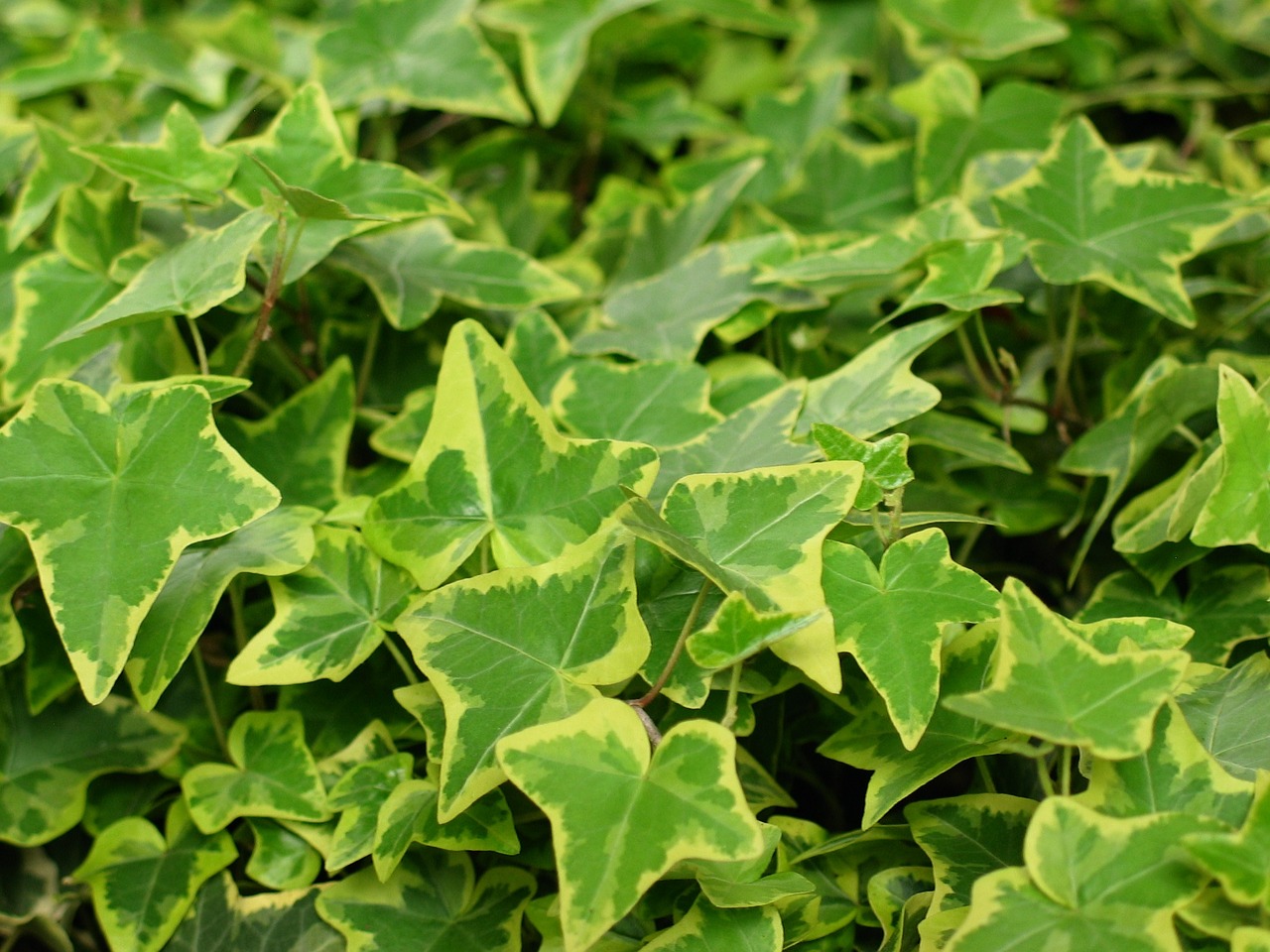
Plant Selection
Native plants are adapted to the local climate and soil conditions where they naturally occur. In addition to supporting pollinators and other wildlife, native plants are inherently sustainable as they require less watering and fertilization than most non natives.
Learn more about the benefits of native plants, removing invasive species, sustainable turf alternatives.
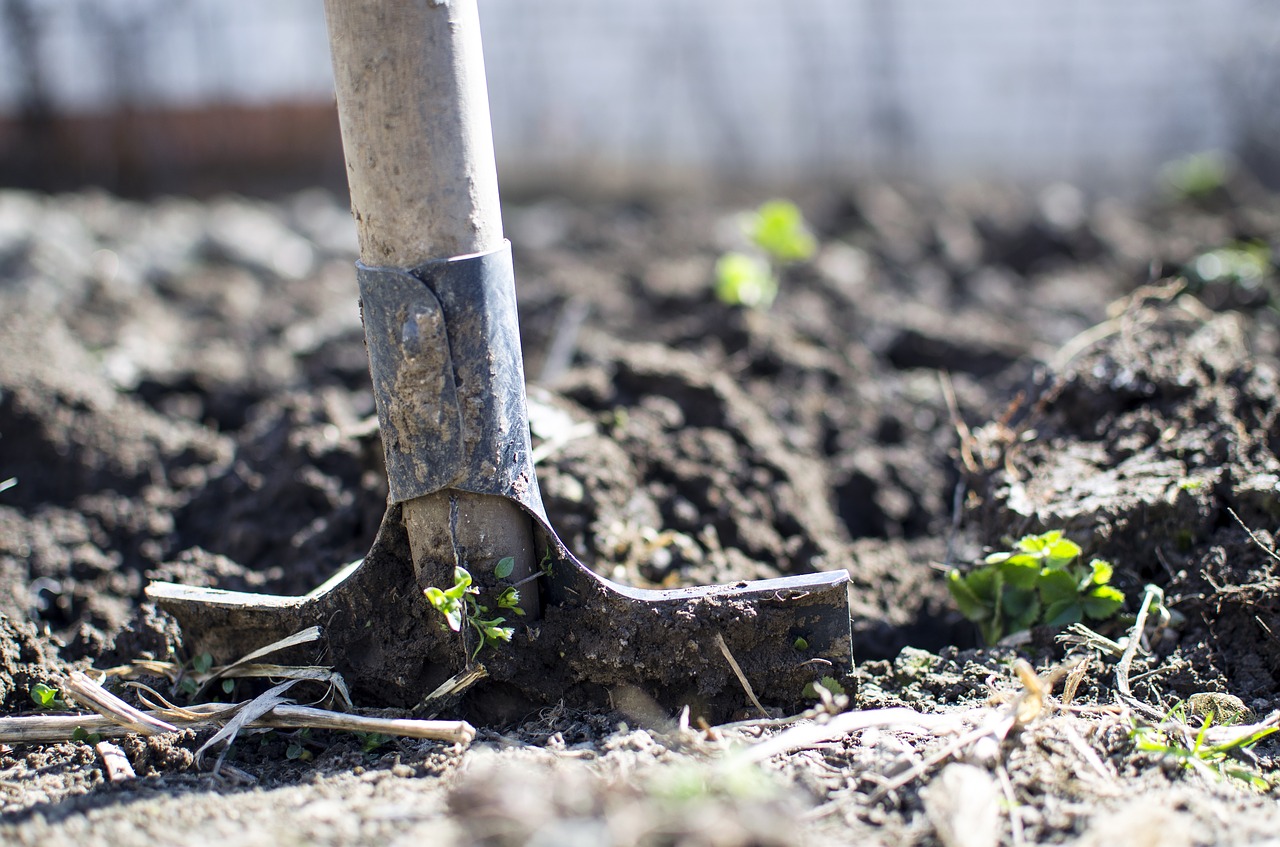
Materials & Tools
Gas-powered mowers and power tools can cause noise and air pollution. Hardscaping materials like certain mulch and lumber can also be toxic and harmful to soil and plants and others, like concrete pavers are impermeable and contribute to water waste.
Learn more about using environmentally friendly tools and hardscaping materials, reusing and recycling, and finding alternatives to plastic.
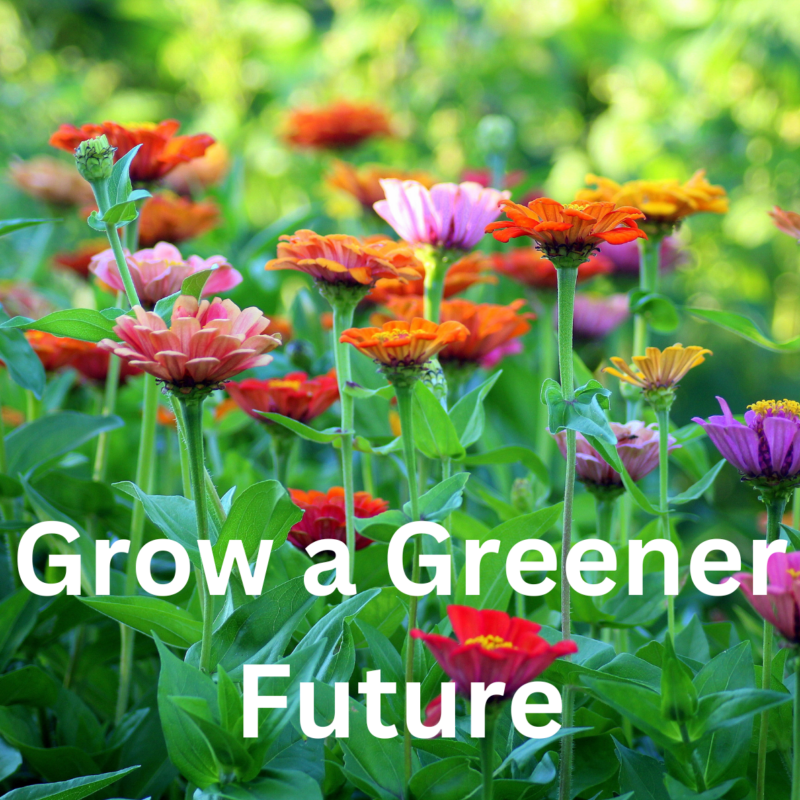 “Sustainable” means to perpetuate existence as well as to provide sustenance and nourishment. The term is most often associated with the environment and specifically to landscapes and gardens. While growing plants and maintaining a garden are inherently “green” activities, sustainable gardening is about growing a greener future.
“Sustainable” means to perpetuate existence as well as to provide sustenance and nourishment. The term is most often associated with the environment and specifically to landscapes and gardens. While growing plants and maintaining a garden are inherently “green” activities, sustainable gardening is about growing a greener future.